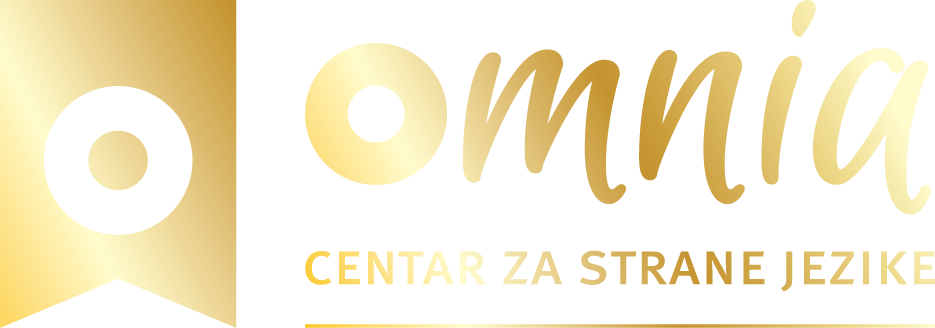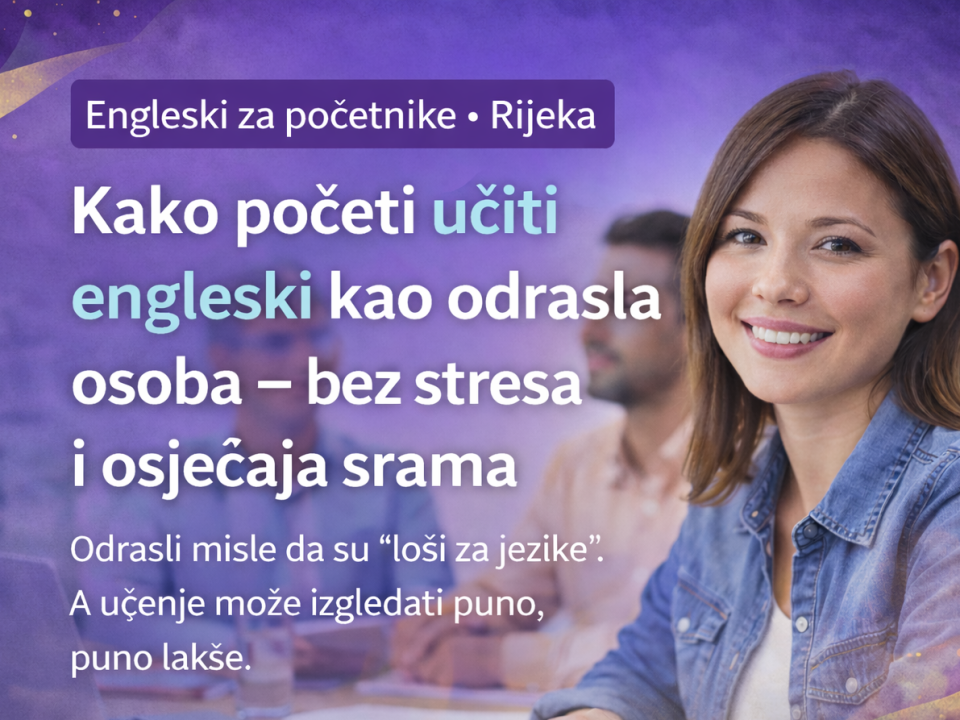
What to Expect on Your First Day of a Croatian Language Course
10. svibnja 2025.
Our Teaching Approach: Learning Croatian with Confidence and Fun
12. svibnja 2025.When you start learning Croatian, one of the first things you need is personal pronouns — words like I, you, he, she, we, they. They are essential for building even the simplest sentences.
In this beginner’s guide, we’ll explain how to use personal pronouns in Croatian, with clear tables, examples, and practical tips.
What Are Personal Pronouns?
Personal pronouns replace names and are used to talk about people or things.
In Croatian, personal pronouns are similar to those in English, but they are sometimes omitted because Croatian verbs often indicate who is acting.
✅ Good news: Croatian pronouns are simple at the basic level, and you can start using them from day one!
Croatian Personal Pronouns – Subject Form
Here is the list of Croatian subject pronouns:
| English | Croatian | Pronunciation Hint |
|---|---|---|
| I | ja | yah |
| you (singular, informal) | ti | tee |
| he | on | on (like “own”) |
| she | ona | oh-nah |
| it | ono | oh-noh |
| we | mi | mee |
| you (plural or formal) | vi | vee |
| they (masculine or mixed) | oni | oh-nee |
| they (feminine) | one | oh-neh |
Important Notes
- In Croatian, you can be ti (singular, informal) or vi (plural or formal).
- They has two forms: oni (masculine/mixed) and one (feminine only).
- In many Croatian sentences, the pronoun is omitted because the verb ending already shows the subject.
Examples of Personal Pronouns in Sentences
| English | Croatian |
|---|---|
| I live in Rijeka. | Ja živim u Rijeci. |
| You are a student. | Ti si student. |
| He works in Zagreb. | On radi u Zagrebu. |
| She speaks English. | Ona govori engleski. |
| We study Croatian. | Mi učimo hrvatski. |
| You (plural) live in Croatia. | Vi živite u Hrvatskoj. |
| They are my friends. | Oni su moji prijatelji. |
| They (feminine) are teachers. | One su učiteljice. |
✅ Tip: Notice that Croatian verbs change depending on the subject, which is why the pronoun is often unnecessary unless you want to emphasize it.
When to Use or Omit Pronouns in Croatian
- Use the pronoun when you want to emphasize who is doing something.
- Example: Ja učim hrvatski. (I am learning Croatian.) – emphasis on “I”.
- Omit the pronoun when it is clear from the context.
- Example: Učim hrvatski. (I am learning Croatian.)
This makes your Croatian sound more natural!
Practice Tip: Start Forming Sentences
Take a verb you know, like živjeti (to live), and create simple sentences with each pronoun:
- Ja živim u Zagrebu. (I live in Zagreb.)
- Ti živiš u Rijeci. (You live in Rijeka.)
- On živi u Splitu. (He lives in Split.)
- Ona živi u Puli. (She lives in Pula.)
- Mi živimo u Hrvatskoj. (We live in Croatia.)
- Vi živite u Osijeku. (You live in Osijek.)
- Oni žive u Zadru. (They live in Zadar.)
The more you practice, the more natural it will feel!
Conclusion
Learning Croatian personal pronouns is a crucial first step in constructing authentic, practical sentences.
Once you understand how to use them — and when you can leave them out — you’ll start speaking more fluently and confidently.
Want to practice Croatian with expert guidance and a friendly group?
➡️ Join our Beginner Croatian Course (A1.1) — enrollment is open now!




